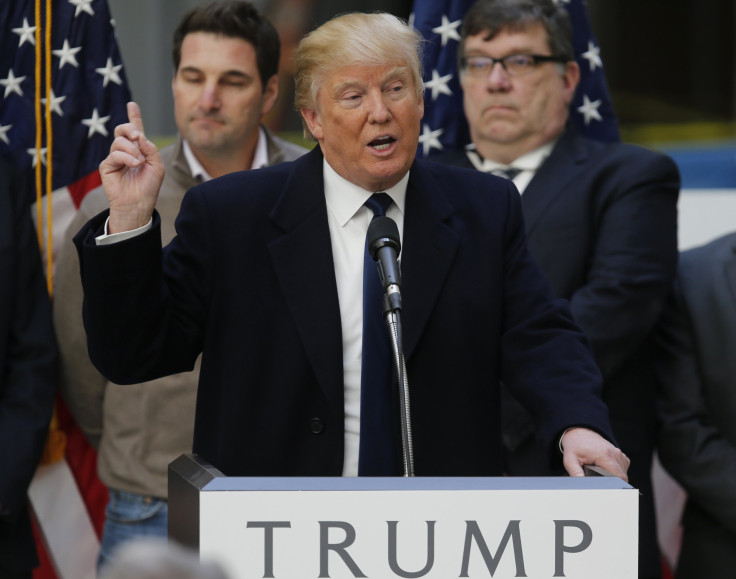Tuesday Election 2016: Total Delegate Count For Democrats, Republicans

Tuesday’s nominating contests in Arizona, Utah and Idaho could provide a clue as to how candidates will perform in important Western states like California, but the results are unlikely to change the wide delegate leads held by both the Republican and Democratic front-runners.
On the Democratic side, Hillary Clinton has steadily built up a large lead in pledged delegates over rival Bernie Sanders. She has not only won twice as many primary contests as the Vermont senator, but as her campaign likes to point out, she holds a larger margin over Sanders than President Barack Obama did over her when the two were competing in 2008.
Ahead of Tuesday’s nominating contests, Clinton had 1,163 pledged delegates while Sanders had 844. If you add in superdelegates, elected officials and party leaders who can support whoever they like, Clinton’s lead grows and she has a total of 1,630 to Sanders’ 870.
Either number puts the former secretary of state well on her way to the 2,383 delegates needed to win the Democratic nomination. However, after a bruising shutout in last week’s primaries, the Sanders campaign could be on the edge of more success. He has said he plans to stay in the race through the entire primary season, and the states voting in coming weeks are expected to be more favorable to the Vermont senator.
Still, it would take a lot more wins from Sanders to put him in serious contention for the Democratic nomination. For the Democrats, Arizona has 75 delegates at stake, Idaho has 23 and Utah has 33, meaning that even if Sanders wins all three contests he will net gain less than 150 delegates on Tuesday night.
On the Republican side, Arizona is a winner-take-all primary that has 58 delegates up for grabs, while Utah is offering 40 delegates and could give them out proportionally if no candidate wins a majority of the vote.
Trump had 680 delegates before Tuesday’s results, putting him more than 200 delegates ahead of Texas Sen. Ted Cruz, who had 423, and more than 500 ahead of Ohio Gov. John Kasich who had 143 delegates. Cruz was expected to beat The Donald in the heavily Mormon state of Utah. But with Kasich still in the race, the three candidates could end up dividing the delegates there, which would prevent either of Trump’s opponents from significantly gaining on his lead.
Like Clinton, the real estate magnate is on his way to winning a majority of his party’s delegates. Republicans need 1,237 to win, and after this week, the math will increasingly favor Trump.
© Copyright IBTimes 2024. All rights reserved.






















